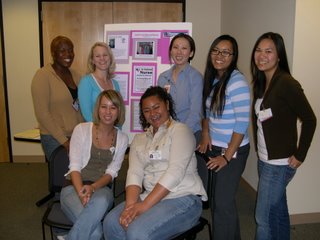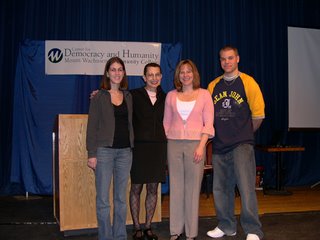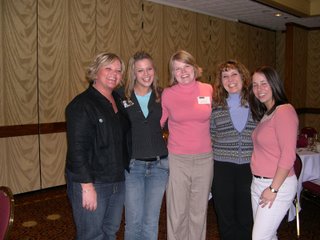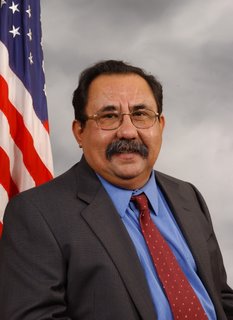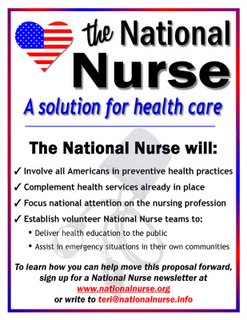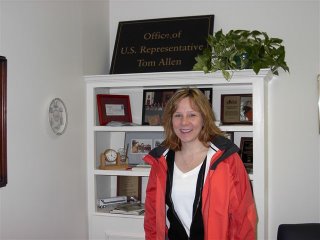Act I: The Project
I recently completed a final project in pharmacology. We were assigned in groups and given a MAR (med administration record) listing 10 drug orders. From this list alone we had to figure out the patient's many medical diagnoses, develop a plan of care, and uncover the various mistakes, interactions, and risks associated with the given orders.
It was nightmarish to say the least, but we got it done. Everyone ended up arguing over why the person wasn't on Lasix, and whether we should point out the combination of a "-pril" and a "-tan" as a mistake even though we have seen this combo in the hospital before... well anyway I don't want to get into a bunch of jargon. The list of stuff goes on and on. The point was that it was a freaking hard assignment. The good thing is I really feel like my studies this semester prepared me well.
But there was something Pharmacology didn't prepare me for...
Act II: The Standardized Test
Each semester we are expected to pass a series of ATI Exams before moving on the next level. ATI scores don't affect our grade. They just provide benchmarks to gauge our competency and predict our NCLEX scores. I finished up the Fundamentals exam last week and took the Pharmacology one today. You only have to make a 65% to pass (which may seem low until you consider the fact that the national average is only 63%).
I took a few practice tests to warm up. Scored in the high 70s, so I figured I was safe. Even when I missed a question on the practice test, my second choice was usually right. I waited outside the computer lab with confidence...
...until student after student came out looking dismayed. "Failed it by one question" they'd say. Ack! Apparently the class was right on par with the national average. When I finally logged in and began my own test, I had that sinking feeling of impending doom. I had never even heard the names of several of the medications before. I guessed many, MANY times at the answers. The proctor caught my expression and came over to pat me on the back. "Take your time, Heather! Everything will be okay."
I looked up at her sadly as I hit the score button. "I know I did horribly. I was only certain of about 10 of those answers". She glanced down at the screen and made a noise of delight, and my eyes followed hers. I'd made an 80%. Apparently it was one of the highest scores in the class.
After the initial shock my first reaction was anger. "This is stupid!" I said. "There is no way this is an accurate score of my ability! There is no way this will indicate my success rate on the NCLEX! I guessed on almost everything!"
"Maybe you're a really good guesser then. It's impossible to know the effects of all the drugs. You've learned HOW to think about them this semester, so you can apply it to the others."
"No. That's not good enough." I said. And it's true; we're dealing with people's lives here. I need to know what side effects go with these medications. I know I can't expect to learn it all immediately, but damn it, I don't want to make a "good guess" about toxicity symptoms. I want to have time to learn it now. But there isn't time.
She was unphased. "You know best what you need to study. Do that, and don't worry about it."
So I guess I won't worry about it. Still makes me angry though. That test is flawed. A big mistake.
But not as big a mistake as my last story...
Act III: The Shirt
My friend Meredith and her girlfriend Cris have started making tie-dye. Anytime Meredith gets excited over something cool she HAS to share it with people, so on the last day of clinicals Meredith brought her latest tie-dye shirt for our inspection. She described the process of creating the tiny folds just so in order to make the intricate zig-zag pattern across the front. She spent days on it. It was a cool shirt, as tie-dye shirts go. We were all proud.
We took Instructor Sarcastic (also known as Instructor Incredible) out for lunch on the last day of clinicals. We gave her some gifts and a card to let her know we appreciated her teaching. I made her this little picture and all of us signed it:

(Everyone thought it was cute. I might use something like it for SNA shirts next year. What do you think?)
But anyway, back to the story:
Meredith wanted to show off her tie-dyed shirt, so she held it up for our instructor to see. Instructor Incredible smiled with delight. "Oh! Thank you!" she said.
What a sad misunderstanding! I could see Meredith's face fall as she realized that she wasn't getting her shirt back. Everyone at the table got big eyes and looked over at her. No one knew what to say. Of course, it wasn't exactly the best timing on her part. And she has a way of handing things to people that somehow conveys a finality... but still! Her pride and joy, mistakenly gifted away. I don't think she even got to wear it once. Instructor Incredible, on the other hand was thrilled. She pulled it over her head immediately and praised it and profusely.
Meredith has a really sweet heart, she just smiled and said "You're welcome"... and let it go. There will be others, after all. Later, when I asked her how her day was, she looked at me flatly. "I lost a shirt."
"Look on the bright side," the others intoned. "Maybe this will help your clinical grade a little?"
Meredith laughed.
The lesson of all this kids? Study hard, study hard, and keep smiling.
Good luck on your finals everyone!
